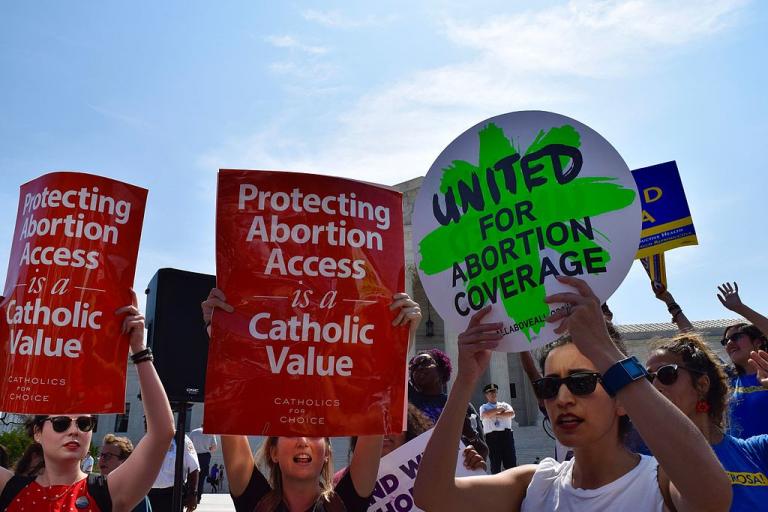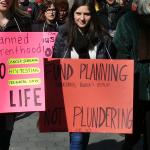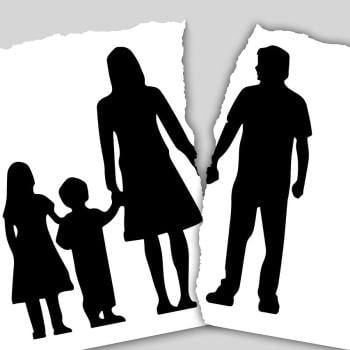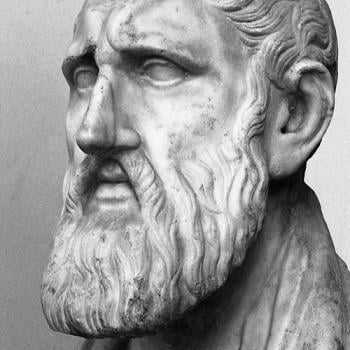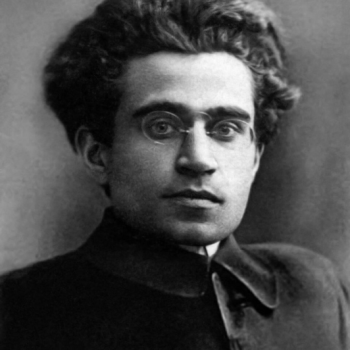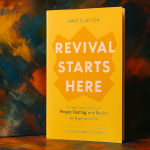Modern embryology has placed beyond doubt the status of the human embryo, from its very formation and earliest developmental stage, as a distinct living member of the species Homo sapiens: a human being. This is not a theological claim; it is a statement of scientific fact. What the Church teaches is that every member of the human family — irrespective of race, sex, or creed, but also, and equally, irrespective of age, size, stage of development, location, or condition of dependence — is the bearer of inherent and equal dignity and, as such, is entitled to legal protection against violent assault. . . .
The Church does not teach, as Biden would have people believe it does, that abortion may legitimately be treated by the law and the state the way they treat, say, the obligation to be grateful to benefactors or the duty to avoid dishonoring parents. For government to permit abortion, the Church teaches, is for government itself to commit an injustice against its victims — denying a disfavored class, the unborn, protection it affords to all others. To be responsible, or partially responsible, for the injustice of the law in exposing unborn children to legally authorized lethal violence is to be complicit in grave injustice. . . .
The reason to oppose abortion at all is also the reason to prohibit it. Psychologically, it is possible for one sincerely to wish that no one ever had an abortion while supporting its legality and even its subsidization. But support for those policies necessarily entails willing the denial of basic human rights to one category of human beings: a grave injustice no matter the victim class. And because nearly everyone believes that he himself and those others he considers worth protecting should enjoy these basic rights, support for those policies involves a violation of the Golden Rule.
So, though abortion and slavery differ in many respects, they are alike in not admitting of the option of the “personally opposed, but . . .” position. The reason to be against slavery — its radical denial of the equal dignity of the victim and thus its grave injustice — is the reason for prohibiting it. It is precisely the same with abortion.
Next time: “Why Balancing Abortion against Other Issues Doesn’t Work”
Photo: Pro-abortion Catholics by jordanuhl7 / CC BY (https://creativecommons.org/licenses/by/2.0) via Wikimedia Commons


